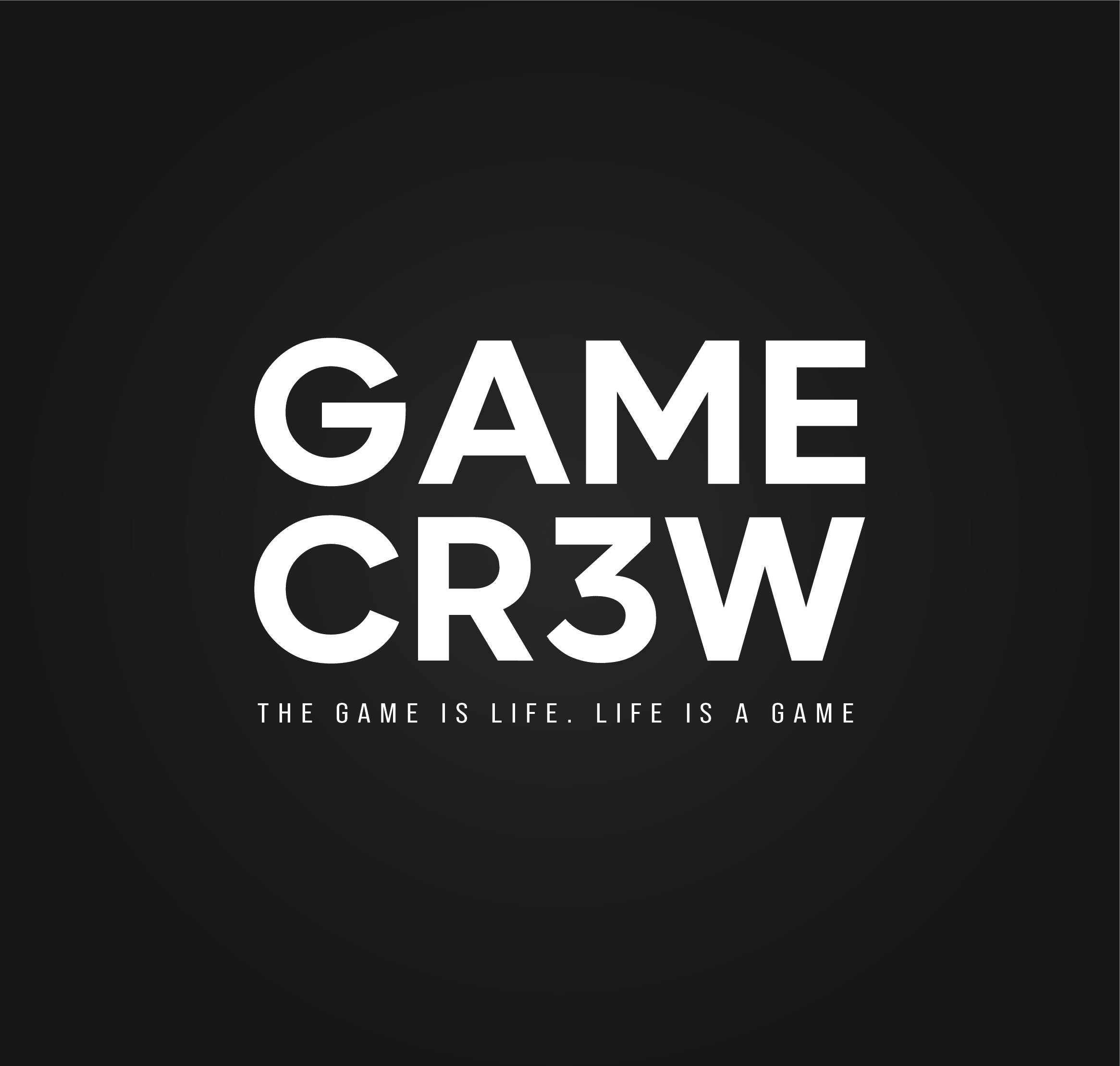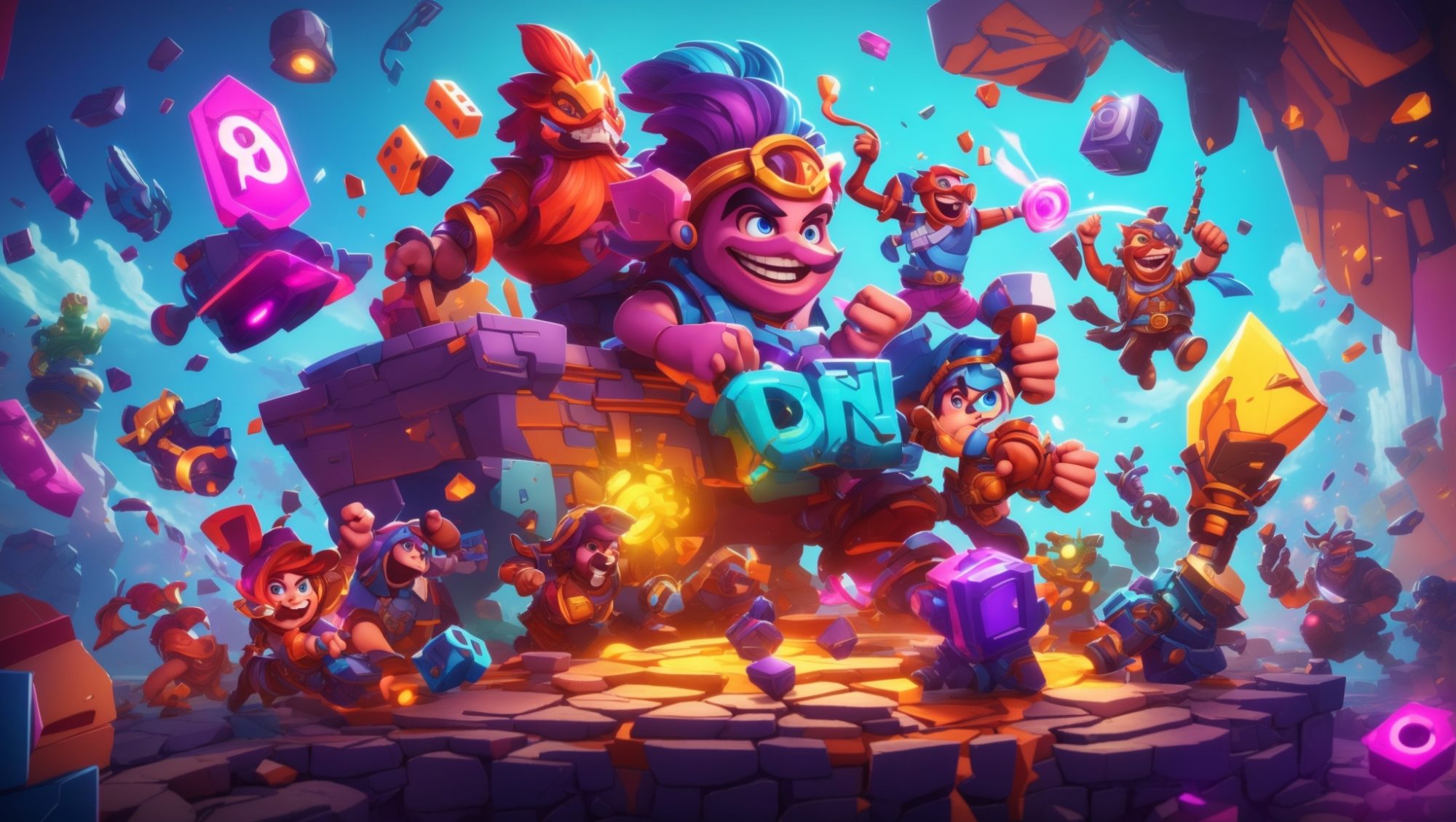Establishing your target audience is a critical step when venturing into a new game or conceptualizing one. Unlike mainstream marketing, indie game marketing requires actively seeking out your audience, as you can’t rely on them finding you. This article delves into the unique challenges of indie game marketing and offers foundational tips to effectively reach your audience.
Identifying Your Target Audience
Knowing your audience is key to devising an effective marketing plan. Focusing your PR and marketing efforts on a well-defined audience can save you time and resources in the long run. While understanding your audience can be complex, the following tips can guide you:
- Lookalike Marketing:
- Identify your competitors and align your game with previously released games in your genre.
- Research the target audience of similar games to streamline your efforts.
- Facebook Insights:
- Utilize Facebook’s Audience Insights tool to gather demographic data.
- Analyze age, gender, behaviors, likes, devices used, and interests of your genre’s successful games.
Connecting with Your Audience
Once you’ve defined your target audience, the challenge is to reach and engage with them effectively. This involves understanding where your audience congregates. Social media is a starting point:
- Social Media Engagement:
- Connect with your target audience on platforms like Twitter.
- Observe their connections, shared pages, and community hubs to pinpoint the heart of the community.
- Community Building:
- Engage with your audience on platforms like Reddit or community Discord channels.
- Encourage them to join your community or follow your project.
- Beyond Community Building:
- Identify the websites frequented by your target audience.
- Recognize influencers that resonate with them for targeted PR or marketing campaigns.
Defining Your Buyers
A crucial distinction lies in recognizing who will support your game and who will buy it:
- Development Communities vs. Target Audience:
- While dev communities offer support and feedback, they might not represent your buying audience.
- Strike a balance between engaging with fellow developers for support and reaching your actual target audience.
Harnessing Data for Informed Marketing
Data serves as a powerful tool in understanding and identifying your target audience:
- Utilize Data Tools:
- Leverage tools like SteamSpy, SimilarWeb, and Google Keyword Planner.
- Gather data on your game’s potential buyers, including audience size, referral traffic, and online habits.
- Combine Data and Research:
- Merge the insights from data tools with your initial research into your audience’s demographics.
- Target the right audience by aligning your efforts with the preferences and behaviors identified through data.
In conclusion, a targeted indie game marketing strategy begins with identifying your audience and extends to strategically engaging with them. Use a combination of lookalike marketing, social media insights, community building, and data tools to refine your approach, ensuring that your efforts resonate with those who are genuinely interested in and likely to buy your game.

